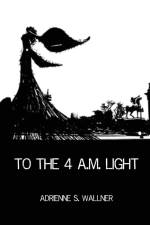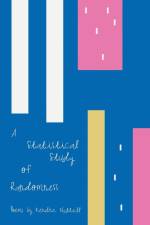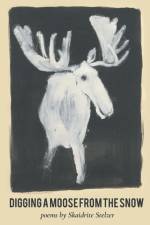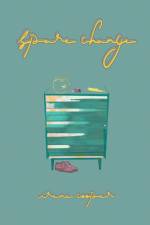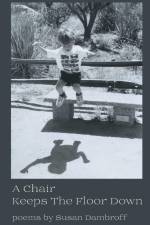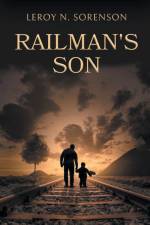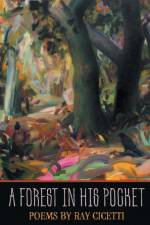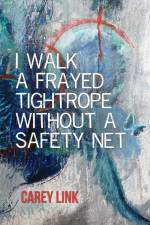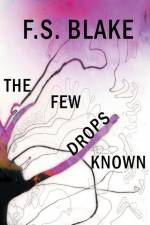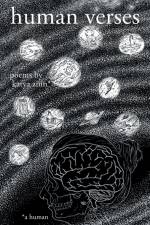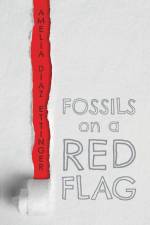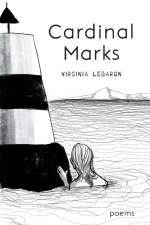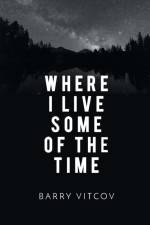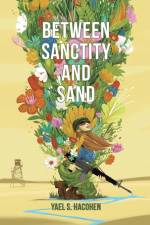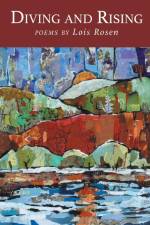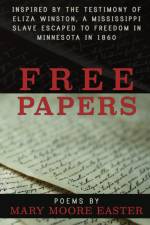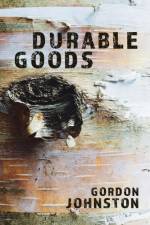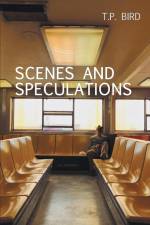von Virginia LeBaron
22,00 €
In the compelling voice of a debut nurse-poet, Cardinal Marks explores how we navigate the turbulent waters of loss and pain, and the unexpected guideposts that chart a path towards clarity and solid ground."Cardinal," as an adjective, derives from the early 14th-century Latin cardinalis, "principal, chief, essential," literally "pertaining to a hinge," from cardo (genitive cardinis) "that on which something turns or depends; originally, "door hinge." As much as this chapbook is about maps, geography, borders, and compass points-the marks (including tattoos) by which we find our way-Virginia LeBaron's Cardinal Marks also attends to all manner of hinges, to whatever permits two separate entities or experiences to connect: to doorways, for example, that open and close-in the heart or in relationships. These poems explore the territory between guilt and forgiveness, childhood and adulthood, and perhaps especially between life to death: "the tender, liminal place," LeBaron writes in "Where I need my mother to stand," "that is neither light, nor dark / but the dusky in-between / the snow / before footsteps / fall." Heir to Elizabeth Bishop's Geography III, Cardinal Marks travels unflinchingly through the coordinates and connective tissue of loss and love, with a sensibility that is both bodily and mysterious. -Lisa Russ Spaar, Professor and Director of Creative Writing, University of Virginia, award-winning poet and author of 12 books including Orexia (Persea Books, 2017), Satin Cash (Persea Books, 2008) and Glass Town (Red Hen Press, 1999).It's hard to believe Cardinal Marks is a debut collection, its poems are so finely wrought, so mature and fully realized. It's all here-a sure command of form, of language and tone, a skillful blending of high lyric and harrowing truth-all here, and then some. These are real poems-adult life in all its complexity-beauty and loss met with a frank and deeply intelligent gaze, with insight grown from lived experience. Virginia LeBaron has been places and done things, and it's our great good fortune that her thoughtful, deeply moving poems are here to tell us the news from far flung lands, the house next door, and the frontier country between this life and the next. -Jon Loomis, Professor of Creative Writing, University of Wisconsin Eau Claire, award-winning writer and author of 3 books of poetry, including Vanitas Motel (Oberlin College Press, 1998), The Pleasure Principle (Oberlin College Press, 2001) and The Mansion of Happiness (Oberlin College Press, 2016).

